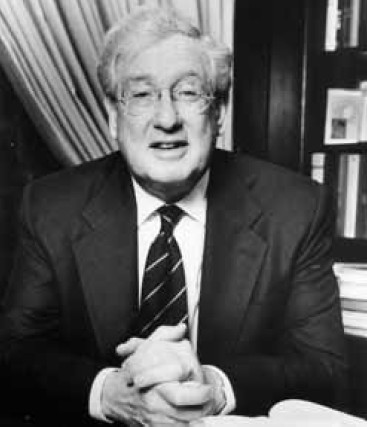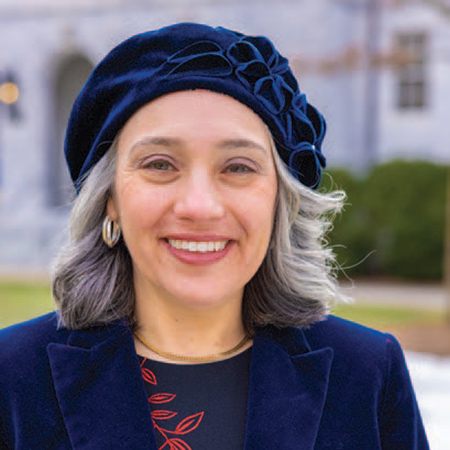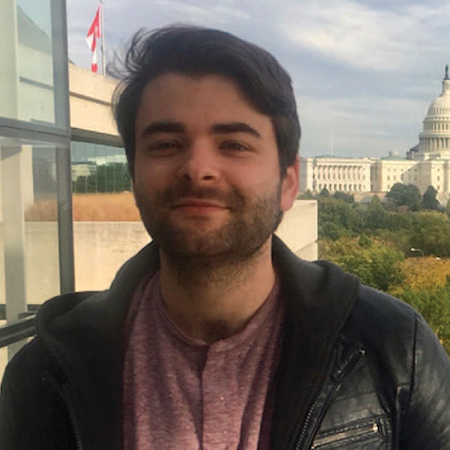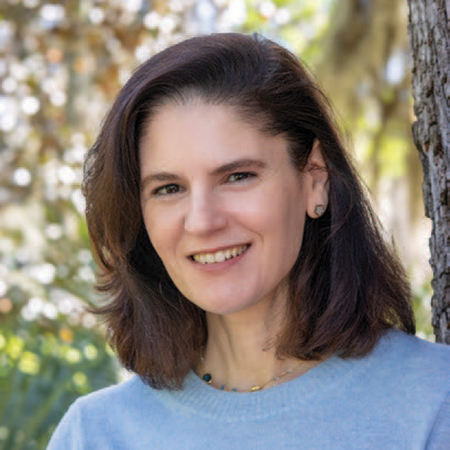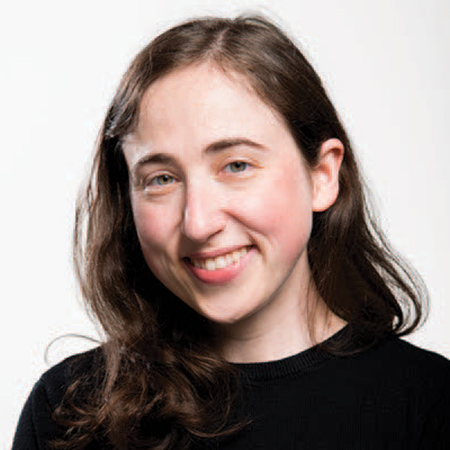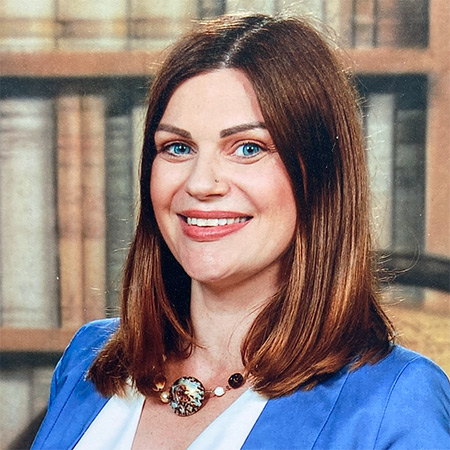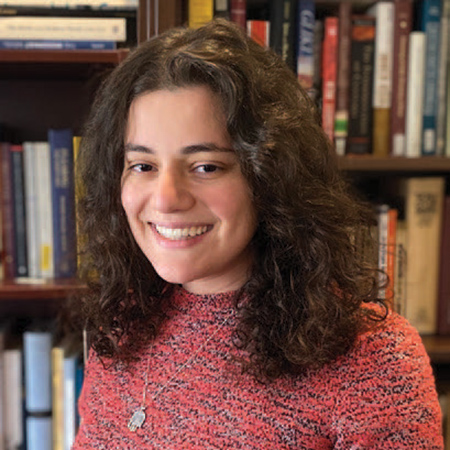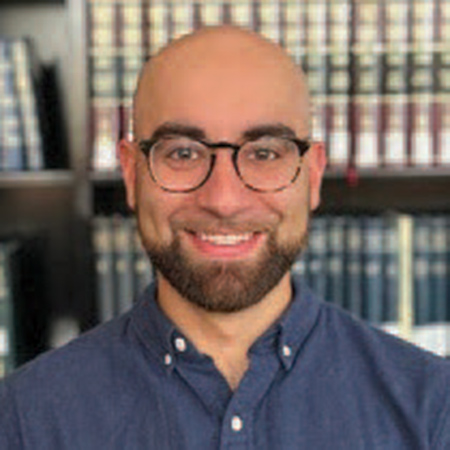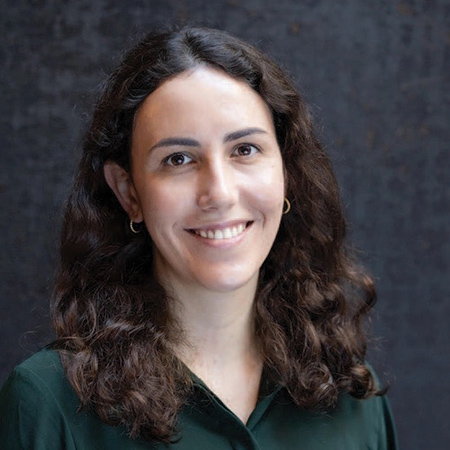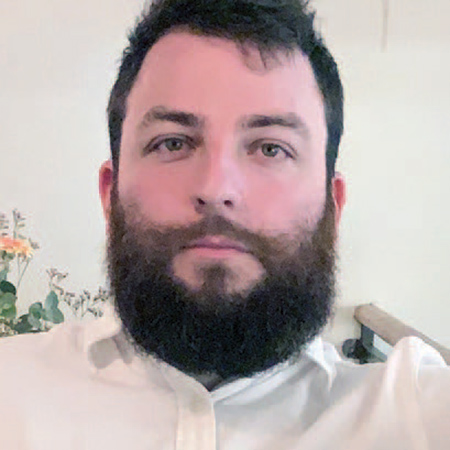Spring Seminar Calendar
Seminars are held in the Kovno-Shavl room at the Center for Jewish History (CJH), 15 W. 16th St. New York, NY 10011, on Wednesdays 10–11am, in a hybrid format. RSVP is required. Please email fellowships@cjh.org to register and to receive the paper that will be discussed. Please also indicate whether you would like to participate in person or virtually. Seminars are open to the academic public and other invited guests.
What Do We Tell the Children? Political Ideology and Children's Culture After the Holocaust
March 5, 2025
Fellow: Miriam Udel (Emory University)
Respondent: Avinoam Patt (NYU)
Miriam Udel teaches Yiddish language, literature, and culture at Emory University. Her books include Never Better!: The Modern Jewish Picaresque (2016), Honey on the Page: A Treasury of Yiddish Children's Literature (2020), and a critical study of Yiddish children's literature, forthcoming from Princeton University Press in 2025.
“Are You Jewish?”: Antisemitic Attacks on the Streets and in Congress
March 12, 2025
Fellow: Andrew Sperling (American University)
Respondent: Pamela S. Nadell (American University)
Andrew Sperling recently earned his PhD in History from American University in Washington, DC. His dissertation, “The Menace Among Us: American Jews Against Antisemitic Extremism,” follows American Jewish strategies against right-wing radicalism between the 1920s and 1960s. His additional research interests include Jewish refugee experiences and Black and Jewish politics.
“How Does One Fight Such Things? The Story of the Making of Gentleman's Agreement and the Woman Behind the Novel
March 19, 2025
Fellow: Rachel Gordan (University of Florida)
Respondent: Maggie Doherty (Harvard University)
Rachel Gordan is the Samuel "Bud" Shorstein fellow in American Jewish Culture at the University of Florida, where she teaches in the Department of Religion and the Center for Jewish Studies. Her first book, Postwar Stories: How Books Made Judaism American, was published by Oxford University Press in 2024.
Electric Yiddishkeit: Light, Technology, and Interwar Modern Orthodoxy in New York
March 26, 2025
Fellow: Alona Bach (MIT)
Respondent: Annie Polland (Tenement Museum)
Alona Bach is a PhD candidate in MIT's Doctoral Program in History, Anthropology and Science, Technology, and Society, where her research focuses on interwar discourse about electric light in the New York Yiddish daily Der Morgen zhurnal. She is also an actor, playwright, translator, Yiddish instructor, and illustrator.
Traveling Memories: Entangled (Hi)stories of the Jewish Diaspora in the Caribbean
April 2, 2025
Fellow:Sarah Nimführ (University of Arts Linz)
Sarah Nimführ is a Hertha Firnberg Fellow at the Department of Cultures Studies at the University of Arts Linz. She holds a PhD in European Ethnology from the University of Vienna. Her dissertation was awarded by the Austrian Federal President in 2019. She teaches, researches, and publishes on collaborative, decolonial knowledge production, negotiations of belonging in the context of forced migration as well as cemetery culture and transgenerational memory work of the Jewish diaspora in the Spanish Caribbean.
Should I Stay or Should I Go: Jewish Repatriation, Family Reunification, and Emigration from the USSR 1945-1995
April 9, 2025
Fellow: Alexandra Zborovsky (University of Pennsylvania)
Respondent: Elissa Bemporad (CUNY)
Alexandra (Sasha) Zborovsky is a PhD Candidate in the History Department at the University of Pennsylvania. Her work investigates the departure of approximately 1.5 million Jews from the former Soviet Union in the post-Stalin era. Centering migrant agency, she explores how Soviet Jews re-outlined the USSR's ambivalent stance on population movement and, more specifically, emigration.
Worthy Citizens: Jewish Politics in the Age of American State Transformation, 1850-1933
April 23, 2025
Fellow: Jacob Morrow-Spitzer (Yale University)
Respondent: Lila Corwin Berman (NYU)
Jacob Morrow-Spitzer is a PhD candidate in the Department of History at Yale University, where he is writing a dissertation on American Jewish politics and citizenship between the end of slavery and the start of the New Deal. His academic work has appeared in American Jewish History and Southern Jewish History.
“Faithful German Servants“ or “Good Polish Citizens?” Violence, the Village Head, and Daily Life in Interwar and Occupied Poland
April 30, 2025
Fellow: Miranda Brethour (CUNY)
Respondent: Jan Grabowski (University of Ottawa)
Miranda Brethour is a PhD Candidate at the City University of New York's Graduate Center writing a dissertation on rural Polish self-government and the Holocaust in the Lublin region. She received her BA (2017) and MA (2019) in History from the University of Ottawa in Canada. Her research on rural Jewish-Polish relations in German-occupied Poland has featured in The Journal of Holocaust Research, Holocaust Studies: A Journal of Culture and History, and the Journal of Historical Geography.
Twists of Fate: Jewish Survival in the Ukrainian Countryside
May 7, 2025
Fellow: Alexander Maro (NYU)
Respondent: Natalia Aleksiun (University of Florida)
Alexander Maro is a PhD candidate at New York University's Department of History and Skirball Department of Hebrew and Judaic Studies. His research examines authoritarian and imperial projects, violence, and the Jewish world. He is currently working on his dissertation, which traces the history of anti-Jewish violence on Europe's periphery.

